Stem Cell Therapy For Dementia In India
As a family member of a dementia patient, you may be uncertain about which treatment you should choose and have doubts about the effectiveness of their outcomes.
The conventional treatment options will help you manage dementia symptoms but regenerative medicines focus more on treating the underlying cause of it.
Among the regenerative medicines, stem cell therapy has emerged as a promising treatment option in recent years. Its goal is to slow down the progression of dementia by regenerating the damaged tissues in the brain and restoring cognitive function.
Stem cell therapy for dementia in India can give your dear one a new life. Let’s understand how this therapy benefits dementia patients.
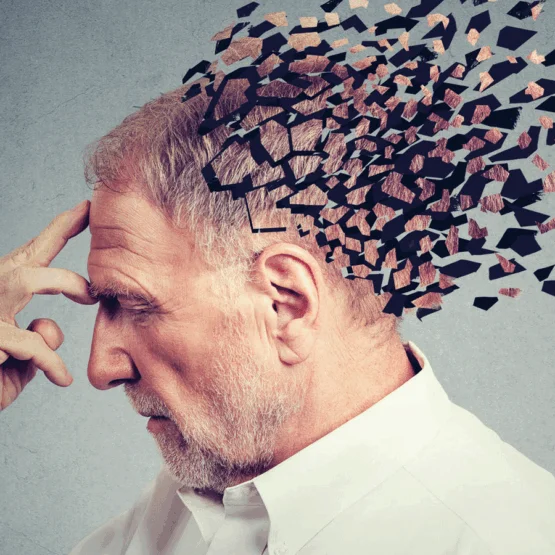

Key Takeaways
- Learn what dementia is and how it affects people and those around them.
- Understand the causes, symptoms, types, and how to diagnose it.
- How regenerative medicines have changed the way dementia was treated earlier.
- Know the benefits of stem cell therapy for dementia and how it helps your dear one live a complete life.
What is Dementia?
Dementia is a term used when people lose their problem-solving skills, memory, language, and other abilities related to thinking.
In short, the term dementia is not used for a single disease, it is used to describe a set of symptoms related to thinking and cognitive ability. It can impact cognitive function so severely that the daily life and independent function of a person can get hampered completely.
The causes of dementia can be the diseases that damage your brain. Let’s learn about them in detail. But before that, you need to know the different types of dementia.
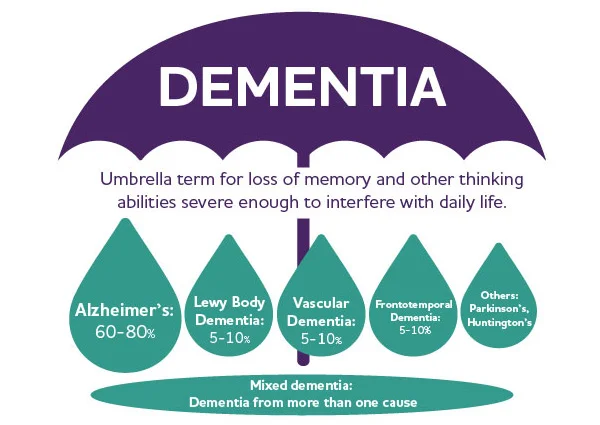
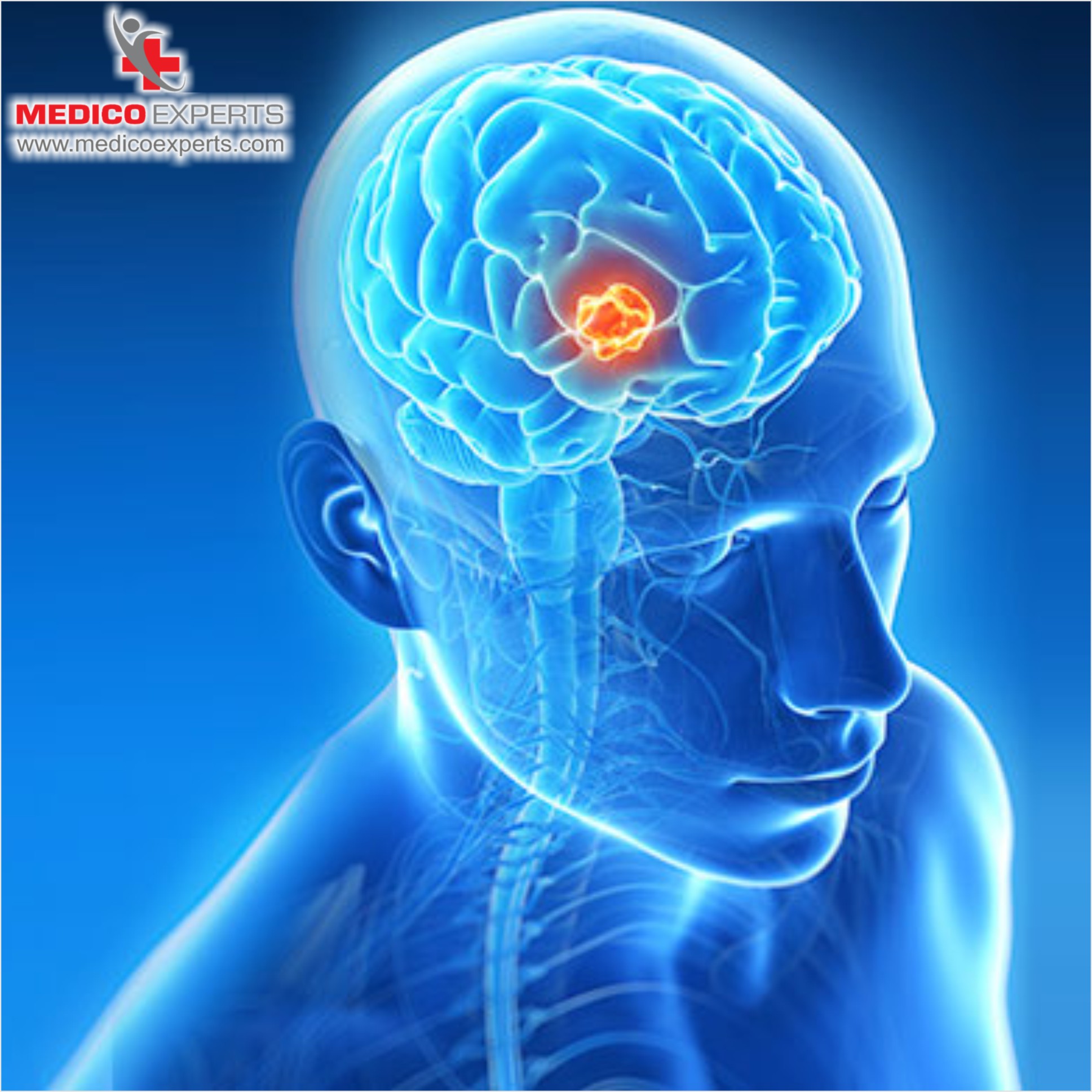
What are the different types of Dementia?
Depending on the causes, there are the following types of dementia:
- Alzheimer’s
- Vascular dementia
- Dementia with Lewy bodies
- frontotemporal dementia
- Mixed dementia
Let’s move on to learn about the causes in detail.
What are the causes of dementia?
The brain damage caused by diseases can hamper the brain cells’ ability to communicate with each other. And when brain cells cannot communicate normally, your behaviour, thinking, and feelings get affected.
Most of these diseases are related to an abnormal build-up of proteins in your brain. These buildups create hindrances in the function of your brain nerve cells and even lead to their death. When these cells die, different areas of your brain start shrinking.
These different regions of your brain perform different functions in your body and when the cells of that area get damaged that area or region cannot perform its functions effectively.
Different types of dementia have different causes. Let’s check what causes different types of dementia:
It is the most common type of dementia. It happens when there is a build-up of two proteins called amyloid and tau in your brain. Amyloids create plaque around your brain cells, and tau forms twisted tangles inside them.
Because of these changes, the brain cells get damaged, and important chemicals called neurotransmitters (they help brain cells communicate) get reduced, which impacts the brain cells’ capacity to communicate with the other parts of your body.
When enough blood cannot reach your brain, vascular dementia happens. The causes of vascular dementia can be many:
- Narrowed or blocked blood vessels in the brain.
- A stroke that cuts off blood flow to the part of your brain suddenly.
- Many small strokes can damage your brain.
But you need to remember that everyone who gets a stroke may not have vascular dementia.
Lewy bodies are small clusters of a protein called alpha-synuclein that can form inside your brain. These clusters hamper how your brain cells work and communicate with each other and this can lead to death of your brain cells.
This type of dementia is the main cause of dementia in young people between the ages of 45 and 65.
Proteins like tau, cluster together in front and sides of your brain and cause frontotemporal dementia. The clusters impact your nerve cells and cause them to die damaging the area of the brain.
This dementia can more likely be inherited in comparison to other types.
You may have mixed dementia if you have more than one type of dementia. Among all the combinations the most common one is Alzheimer’s and vascular dementia.
What are the symptoms of Dementia?
Because dementia is such a broad category, the symptoms can differ significantly from one person to the next. Dementia patients have issues with:
- Memory
- Attention
- Communication
- Reasoning, judgment, and problem solving
- Visual perception is affected by factors other than age-related vision changes
Signs that may point to dementia include:
- Getting lost in a familiar neighbourhood
- Using unusual words to refer to familiar objects
- Forgetting the name of a close family member or friend
- Forgetting old memories
- Inability to complete tasks on one’s own
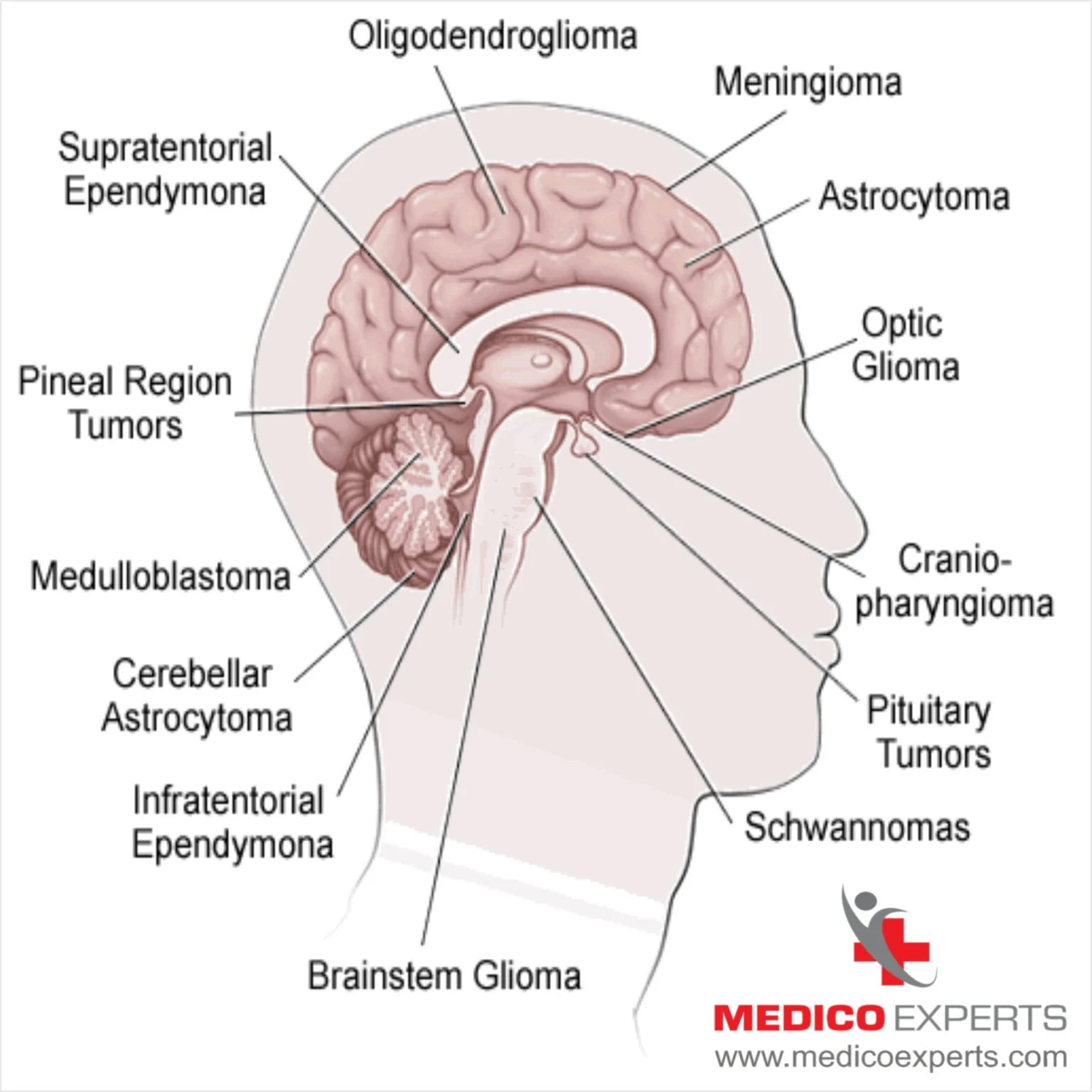
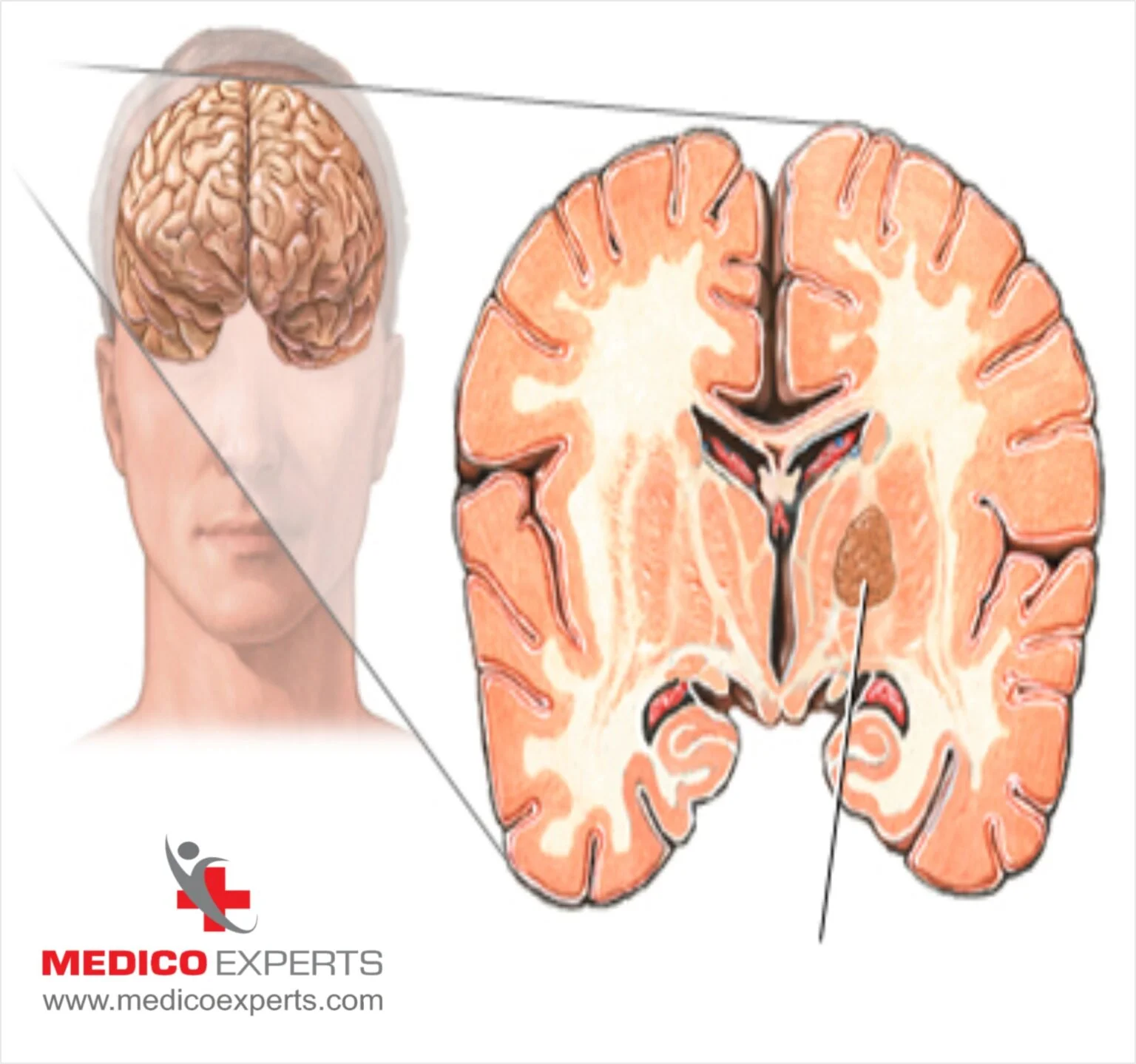
How is Dementia diagnosed?
During the initial diagnosis of dementia, doctors will check for treatable conditions that might cause cognitive problems. They will then perform a physical examination and lab test to measure blood pressure and check chemicals and other fluids in the blood, vitamin levels, and hormones.
Doctors will also check your family and medical history if required. Let’s check the exact procedure used for the diagnosis of dementia.
- Firstly, doctors use cognitive and neurological tests to determine whether you can think and move properly. These tests will check your memory, problem-solving, balance, language, math skills, reflexes, and sensory response.
- Doctors also recommend brain scans such as computed tomography (CT), Magnetic Resonance Imaging (MRI), and Positron emission tomography (PET) to check tumors, stroke, and other issues.
- The health care provider may recommend psychiatric evaluation for behavioural and mood changes.
- Some types of dementia happen due to genetics, and that’s why doctors may also recommend genetic tests.
- Cerebrospinal fluid (CSF) tests are done to check a fluid in your brain called CSF. This fluid protects your brain and provides nutrients to your brain and spinal cord. The protein levels in this fluid can help diagnose Alzheimer’s and other dementia.
- Blood tests can be done to check the levels of beta-amyloid, an abnormal protein build-up in people with Alzheimer’s.
What is the Conventional Dementia Treatment in India?
Although most forms of dementia are incurable, there are ways to manage your symptoms:
The doctors may recommend certain medications that boost the memory and thinking abilities of the patient. These medication helps treat mostly Alzheimer’s disease but they can also help treat other types of dementia.
But you need to know that these medications have some common side effects like vomiting, nausea, and diarrhoea. They may also cause slower heart rate, trouble sleeping, and fainting.
Other Medications:
Other symptoms or conditions, such as depression, sleep disturbances, hallucinations, parkinsonism, or agitation, may be treated with medications prescribed by your doctor.
Several dementia symptoms and behavioural issues may be treated initially without the use of drugs, such as:
Occupational therapy
An occupational therapist can show you how to make your home safer and teach coping behaviours. The goal is to prevent accidents like falls, manage behaviour, and prepare you for the progression of dementia.
Modifying the environment
It may be easier for you or your dear one with dementia to focus and function if clutter and noise are reduced. You should hide knives and car keys if your dear one poses a threat to their safety. If they wander, you can have a monitoring system that can alert you.
Simplifying tasks
You need to help your dear one in breaking down complex tasks into smaller steps. Structure and routine can also help them feel less confused.
How do regenerative medicines help in Dementia?
Regenerative medicines aim to regenerate, restore, maintain, improve, and replace cells, tissues, and organs. It is not a future hope any longer, it is the present reality.
Regenerative medicines help neural cells (cells that establish communication between your body and brain) turn into working neurons. These cells move to damaged areas of your brain and integrate with existing neural networks. This results in the successful regeneration of brain cells.
Among the regenerative medicines, stem cell treatment has shown some great results in treating dementia. Let’s learn about stem cell therapy in detail.
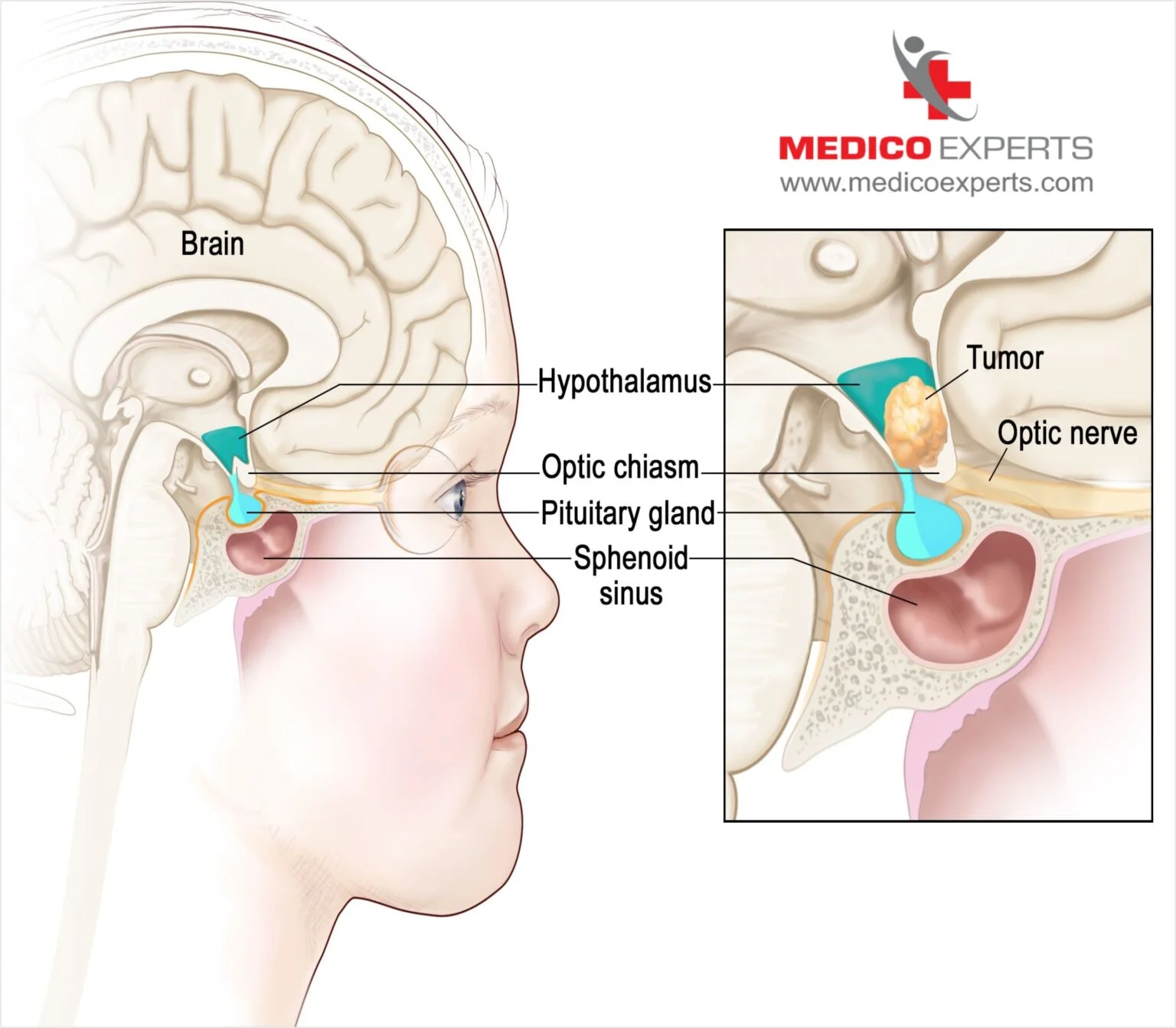
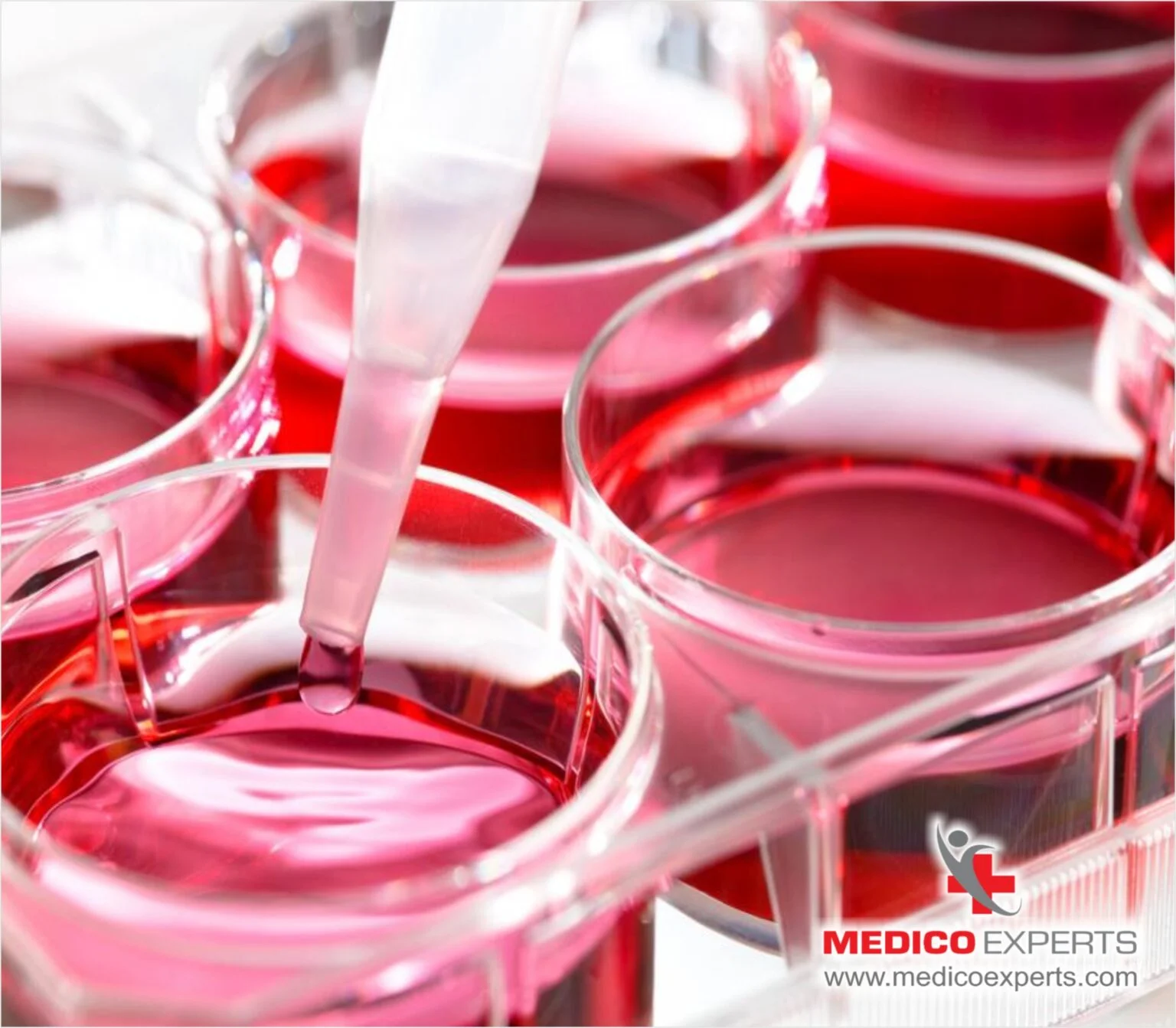
Stem Cell Therapy for Dementia in India
Stem cells have a unique power to turn into brain cells when they come in contact with dead cells and that is why they have worked very well for dementia.
The size of these cells is small enough to penetrate your brain tissues and that’s why when dementia is diagnosed early, the chances of recovery are much better. The number of cells that will be administered to you will be determined by your age and weight.
Mesenchymal cells (MSCs) are used for this treatment. MSCs can differentiate into a variety of cell types in the body, including bone cells, cartilage, muscle cells, and even neural cells. They are primarily found in each person’s bone marrow and remain dormant until called upon to aid in the body’s healing process.
What to expect from Stem Cell Treatment for Dementia?
Here’s what you should expect after stem cell therapy for dementia in India:
- You will see your dear ones doing their daily activities smoothly
- There will be an improvement in concentration and a decrease in the lack of orientation
- You will also see a boost in memory and the overall energy level of your dear one.
- There will be an upliftment in their mood
- There will be little to no side effects
- No risk of immune response and allergic reactions.
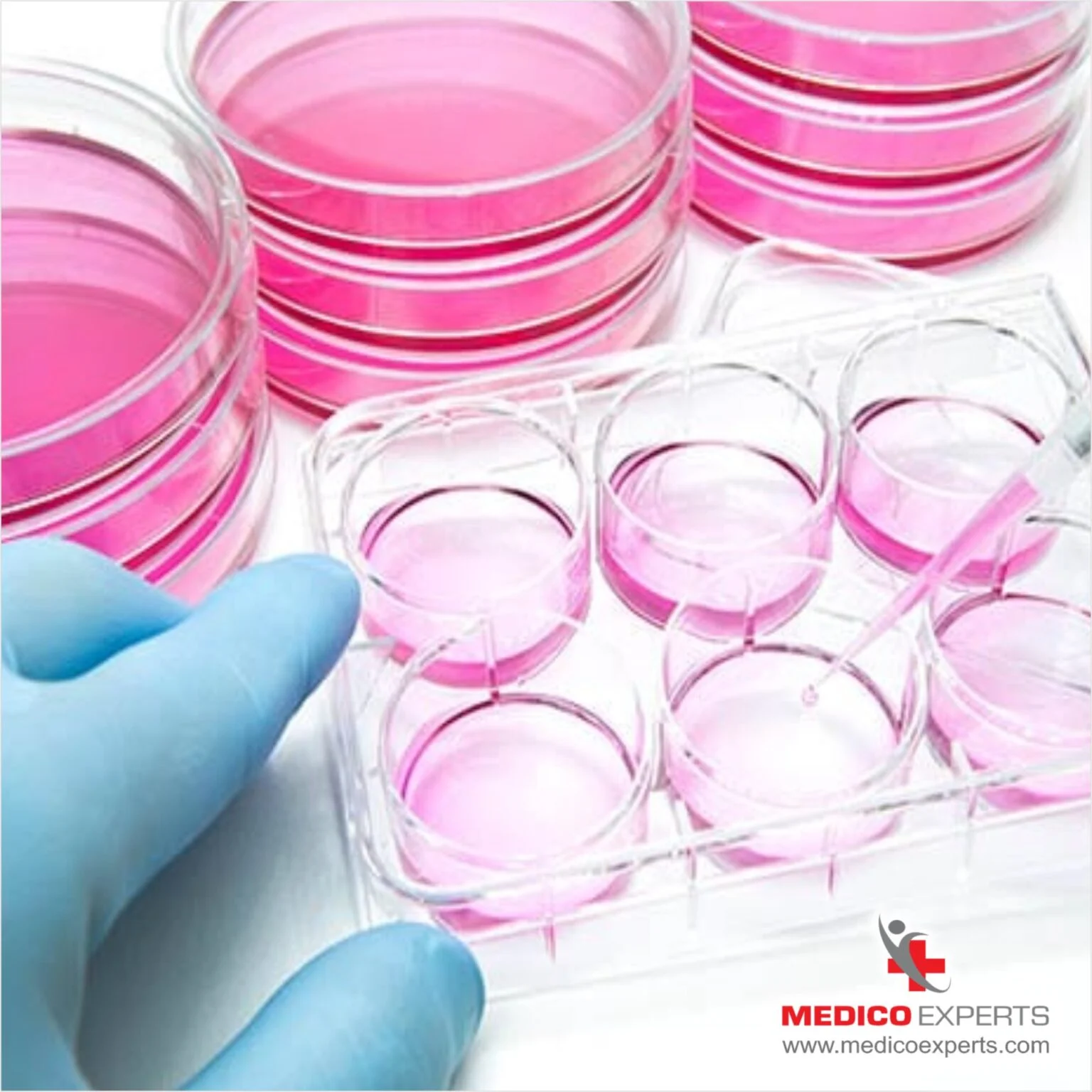

What is the cost of Stem Cell Therapy in India?
If you are planning for stem cell therapy, India can provide you with some affordable options. The cost of stem cell therapy in India is 2000 USD (1,67,000 INR) per cycle. At the same time, you should keep in mind that the number of cycles you will need for dementia treatment will depend on your age and weight.
Apart from that, the city where you are undergoing the therapy, travel, food, hospital, doctor you have chosen, and accommodation will impact the overall cost of the treatment.
What is the success rate of Stem Cell Therapy for Dementia in India?
Stem cell therapy is becoming popular with each passing day as it can target specific pathways and improve treatment outcomes.
Stem cells for Alzheimer’s disease treatment in India have shown some promising results. In India, the success rate of stem cell therapy for dementia is 50%-85%. Early diagnosis of the condition can help you get a higher success rate.
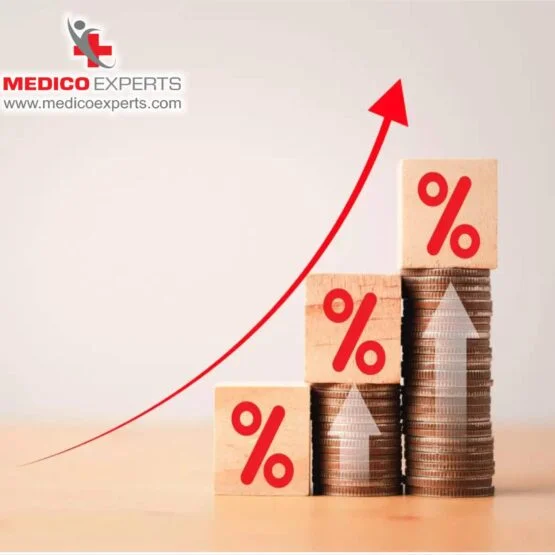

Takeaway
We understand that dementia not only takes a toll on the person suffering from it but also on the family members who need to keep a tab on the patient’s every move.
If your dear one is suffering from dementia, you have hope in the form of stem cell therapy. MedicoExperts can also understand the anxiety you have regarding travelling to India and getting your family member treated for dementia.
That’s why we are here to share your burden and give you a smooth treatment experience in the country. From getting the best doctor for dementia treatment to avail it under your budget, you name it, and we will provide all the assistance you need.
Frequently Asked Questions (FAQs):
Q1. Is dementia curable?
There are most types of dementia that are not curable. However, stem cell therapy can give significant relief from symptoms by healing the brain damage from within.
Q2. Is stem cell therapy safe?
Stem cell therapy in India is safe and effective and the Government of India makes sure that it is done following government guidelines.
It is a minimally invasive procedure with little to no risk.
Q3. What is the best treatment for dementia?
Conventionally, medication, diet, lifestyle changes, and therapies are the treatment options that aim to manage the symptoms.
But stem cell therapy has emerged as the best treatment for dementia, as it regenerates the damaged tissues of your brain healing it from within and treating dementia more sustainably.
Q4. Where can I get stem cell treatment for dementia?
India is one of the best places to get stem cell treatment for dementia. It has the cutting-edge infrastructure and the most experienced stem cell specialists. The health care services, including stem cell therapy, are affordable and safe in the country.
Q5. What is the best treatment for vascular dementia?
Stem cell therapy is one of the best treatments for vascular dementia. In this procedure, doctors will use mesenchymal stem cells.
Q6. What is the difference between Alzheimer's and Dementia?
Dementia is a term under which many other diseases and conditions affect the cognitive and thinking abilities of a person. On the other hand, Alzheimer’s is a type of dementia that has symptoms like memory loss and cognitive decline.
Q7. Which doctor treats dementia?
You need a team of experts that will include geriatric psychiatric for mental and emotional issues of older people and neurologists who specialize in abnormalities of the brain and central nervous system. If you are planning to undergo stem cell therapy, you will also need a stem cell specialist.
Q8. What are the warning signs of dementia?
The warning signs of dementia include memory loss, increased confusion, lowered concentration, loss of ability to perform everyday functions, behavioural changes, withdrawal, and depression.
You should immediately consult a doctor if you see these signs in any of your family members.
Q9. How to find the best dementia doctor in India?
You should keep in mind some points while choosing the best doctor for dementia in India including the doctor should have a proven track record, years of experience, the procedures and protocols they follow, and reviews on online platforms.
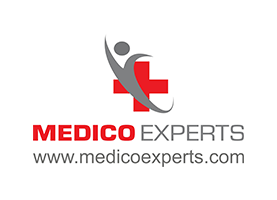
MedicoExperts is a Global virtual hospital which is established to offer quality healthcare services at affordable pricing without compromising the success rates of the treatment.
MedicoExperts is having a network of highly experienced super specialist doctors and well equipped hospitals across the globe and offering second opinion through online video consultation and surgical interventions through its empanelled super specialist doctors at its network hospitals in 17 countries from 3 continents.
By the virtue of its approach and model, MedicoExperts is successfully achieve to deliver
- Latest and most advanced treatments with success rates of international benchmarks.
- Multiple cost options depending upon the hospital facilities, with the same doctor.
- Treatment option in multiple cities/state/countries.
- Trust and peace of mind.
Most suitable for patients who are looking for:-
- Planned Surgeries and treatment from most experienced doctors and at multiple cost options as per hospital facilities with best possible outcomes.
- Second Opinion from expert doctors.
- Complex cases involving multi specialities
- International patients looking for treatment from Indian doctors
Recommended Articles For You
- https://dbtindia.gov.in/sites/default/files/National_Guidelines_StemCellResearch-2017.pdf
- https://med.stanford.edu/news/all-news/2023/09/stem-cell-alzheimers.html
- https://www.ncbi.nlm.nih.gov/pmc/articles/PMC9549310/
- https://www.uclahealth.org/news/article/stem-cell-treatment-for-dementia-clears-major-hurdle
- https://www.sciencedirect.com/science/article/pii/S2590093522000698#:~:text=Additionally%2C%20it%20helps%20in%20the,to%20considerable%20regeneration%20%5B90%5D.
- https://www.sciencedirect.com/topics/agricultural-and-biological-sciences/regenerative-medicine#:~:text=Regenerative%20Medicine%20is%20a%20multidisciplinary,due%20to%20an%20underlying%20disease.
- https://www.nhs.uk/conditions/dementia/about-dementia/causes/
Recommendations To Understand Different Treatments
How Does Stem Cell Therapy Work?
Curious about how our bodies have the incredible ability to repair and regenerate damaged tissue? Our bodies have stem cells that have the unique ability to develop into various types of specialized cells in the body. They can regenerate and repair damaged tissues, contribute to…..Read More
Medically Reviewed By MedicoExperts Editorial & Clinically Review Board On 2 July 2024

Author Bio:
Dr. Khushbu Jain is a dedicated professional with a passion for advancing healthcare through cutting-edge treatments. She has a special interest in researching regenerative medicine and advanced treatment for diseases that are difficult to treat with conventional treatment options. Her deep understanding of these progressive treatments allows her to offer patients personalized and effective solutions for a variety of health concerns.




